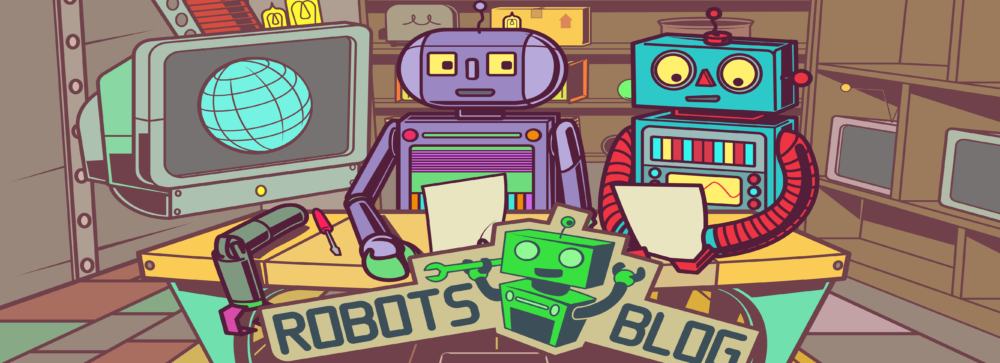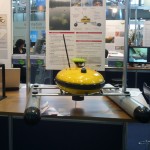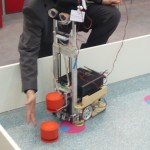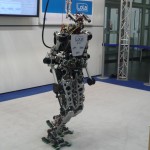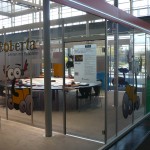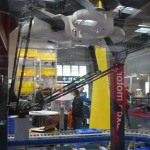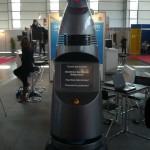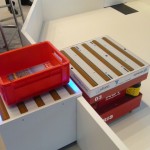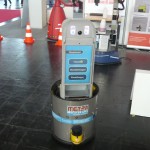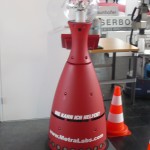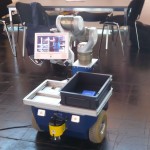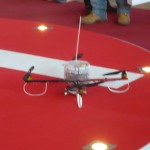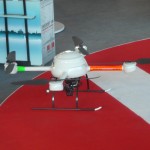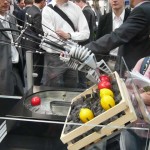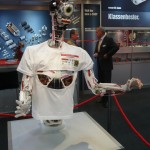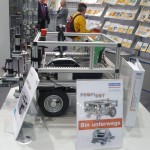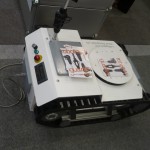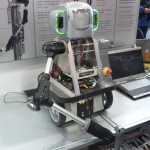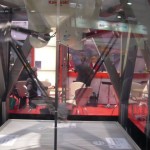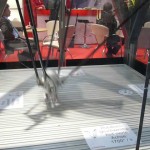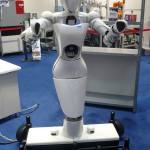
A Beginner’s Guide to LEGO MINDSTORMS NXT 2.0
San Francisco, CA, April 22, 2010—The LEGO® MINDSTORMS® NXT 2.0 set brings robot building to a wide range of hobbyists. But the NXT kit doesn’t come with a how-to guide and it only includes building instructions for four robots. Users new to building complex LEGO models or lacking experience with the NXT programming language need guidance to help them reach the next level. The LEGO MINDSTORMS NXT 2.0 Discovery Book is the introductory book that they’ve been waiting for.
In The LEGO MINDSTORMS NXT 2.0 Discovery Book (No Starch Press, May 2010, 320 pp., $29.95, ISBN 9781593272111), readers learn how to harness the capabilities of the NXT 2.0 set to build and program their own robots. Author Laurens Valk begins by walking readers through the set, describing the pieces and explaining how to get started with the software used to program NXT robots. Once readers understand the basics of the NXT programming language, the book’s tutorials show them how to build robots that move, monitor sensors, and use advanced programming techniques like data wires and variables. With crystal clear, step-by-step instructions, readers will find it easy to create working robots in no time. The LEGO MINDSTORMS NXT 2.0 Discovery Book features:
- A complete introduction to LEGO MINDSTORMS NXT 2.0
- Building and programming instructions for eight innovative robots, including a robotic defense system, a six-legged walker, and an autonomous robotic arm
- 50 sample programs and 72 programming challenges (ranging from easy to hard) that encourage readers to explore newly learned programming skills
- 15 building challenges that expand on the robot designs to help readers develop ideas for new robots
All of the robots in the book require just one NXT 2.0 set to build; there are no extra pieces required.
„The NXT set can be complicated. Sure, you can build some sort of robot, but can you actually make it do anything interesting?“ said No Starch Press founder Bill Pollock. „This is the introductory MINDSTORMS 2.0 book that everyone needs; the one book that will make sure that that pricey MINDSTORMS kit won’t end up gathering dust in a shoebox somewhere.“
Table of Contents
Chapter 1: Collecting the Equipment for Your Robot
Chapter 2: Building Your First Robot
Chapter 3: Creating and Modifying Programs
Chapter 4: Working with Programming Blocks: Move, Sound, and Display
Chapter 5: Waiting, Repeating and Other Programming Techniques
Chapter 6: Understanding Sensors
Chapter 7: Using the Touch, Color, and Rotation Sensors
Chapter 8: Shot-Roller: A Robotic Defense System
Chapter 9: Strider: The Six-Legged Walking Creature
Chapter 10: Using Data Hubs and Data Wires
Chapter 11: Using Data Blocks and Using Data Wires with Loops and Switches
Chapter 12: Using Variables, Constants, and Playing Games on the NXT
Chapter 13: Snatcher: The Autonomous Robotic Arm
Chapter 14: Hybrid Brick Sorter: Sort Bricks by Color and Size
Chapter 15: CCC: The Compact Chimney Climber
Appendix: Transferring Programs to the NXT with USB or Bluetooth
About the Author
Laurens Valk is a member of the MINDSTORMS Community Partners who help test and develop new NXT products. He has been inventing robots with the MINDSTORMS NXT sets since their introduction, and one of his robot designs appears on the NXT 2.0 packaging. Valk is a co-author of LEGO MINDSTORMS NXT One-Kit Wonders (No Starch Press) and a contributor to The NXT Step Blog. He lives in the Netherlands where he teaches robotics.

